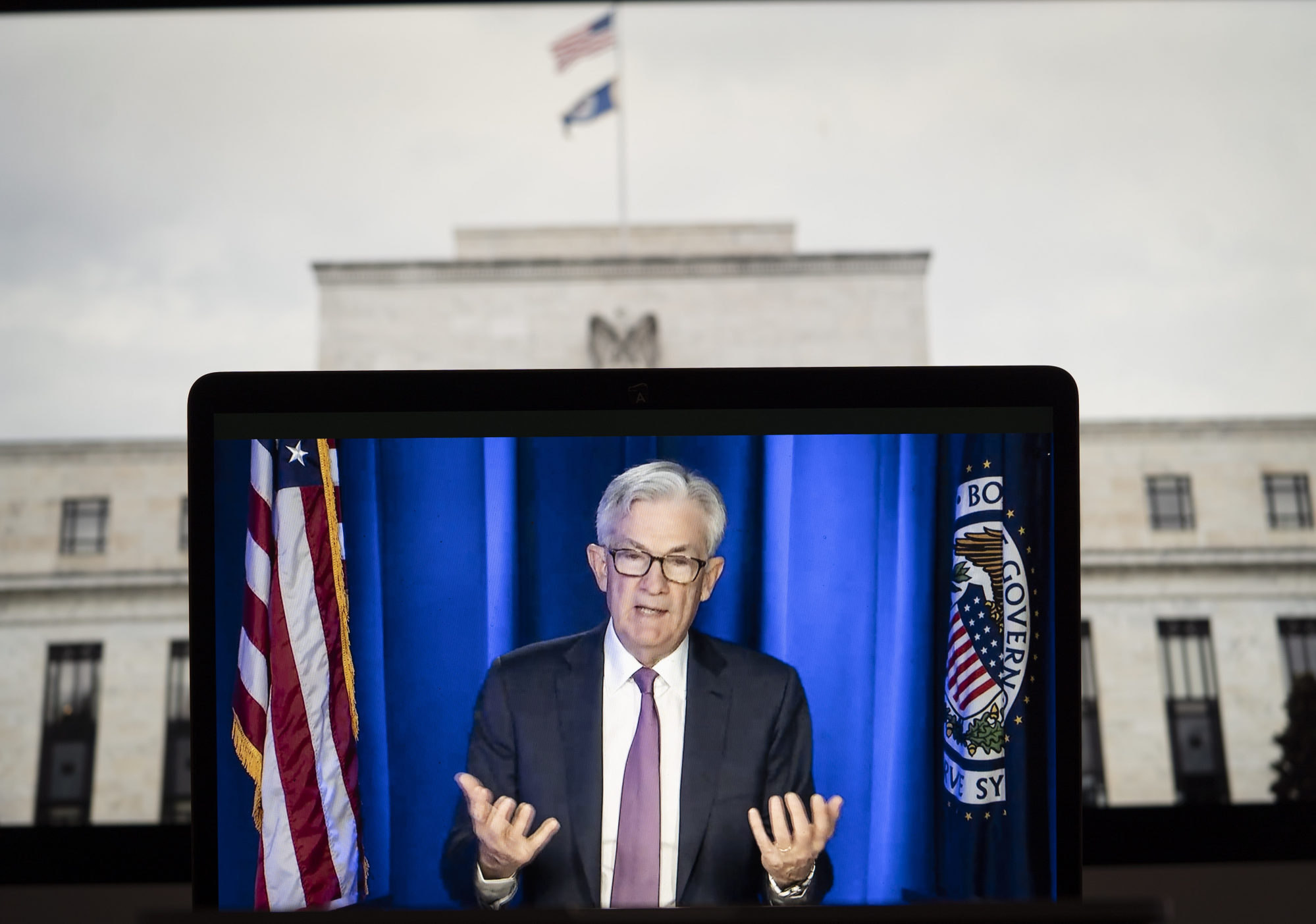
It’s goodbye QE, hello QT, as central banks end easy money ride for stock markets amid runaway inflation
- Markets, used to thinking that the worst case is an increase in the cost of money, are unprepared for the money being taken off the table. The risk of a stock market collapse is real and the next crisis could be in shadow banking
Through it all, stock markets have stood tall – or so it would appear. Trade wars, bond market “taper tantrums”, the Covid-19 pandemic, return of inflation, rising interest rates, war in Ukraine and now economic sanctions – stock markets have survived the lot. Can nothing shake them?
Well, yes, it can, and soon will, judging from what should be (but apparently isn’t) the obvious fact that markets are about to transition from QE to QT – from quantitative monetary easing to quantitative tightening. This will be a whole new ball game, one that most countries haven’t played.
It is the potentially shrinking “quantity” of money rather than its rising cost that will knock stocks off their pedestal. Stock investment is no longer connected to corporate earnings or economic fundamentals; it is about the capacity of financial institutions to bankroll investors.
We’ve all become familiar with QE as central banks increased the quantum of money in the system by buying financial securities from the market. But QT is less familiar except for a brief episode in 2019 when the Fed tried it, before backing off in alarm at the effect on market sentiment. Why should they follow through with tightening this time when they backed off before?

Is the coming sell-off of financial assets held by the Fed and other central banks big enough to sink global stock markets which, according to Statista, were capitalised at more than US$116 trillion at the end of last year, with the New York Stock Exchange and Nasdaq accounting for nearly half of that?
The Fed holds some US$9 trillion of assets (more than double the amount in early 2020), taking the total assets of the world’s major central banks to more than US$30 trillion – more than a quarter of the value of global stocks. Even if central banks were to run off most of these assets, that might not appear big enough to sink stock markets.
Why Fed’s hard pivot on inflation has stock markets spooked
But the psychological impact on the market, of central bank decisions to cut the absolute size of their asset holdings (not just cut the size of new purchases) is what matters. It would signal the end of an era of seemingly limitless credit expansion, and that would have a big impact on investors.
In addition, the cost of money appears certain to go on rising relentlessly this year and maybe well into the next as central banks continue to raise lending rates by increments that can only increase in size as the tornado of fuel, food and other commodity prices roars onwards.
Could all this presage not only a stock market collapse but also a financial system crisis similar to what occurred during the 2008-09 global financial crisis? This is held to be unlikely as commercial banks are now better capitalised and better regulated.
As International Monetary Fund economists Antonio Garcia Pascual and Fabio Natalucci observed in a recent blog: “Emerging firms are quickly making inroads into critical financial services, and often taking on more risk than traditional banks [ …] Digital banks are growing in systemic importance in their local markets.”
Why neither Big Tech nor cryptocurrency will replace central banks
Known as “neobanks”, these digital banks are more exposed than their traditional counterparts to risks from consumer lending, and their exposure extends to higher risk-taking in their securities portfolios. They thrived under QE but they are unlikely to prosper or even survive under QT.
Investors, except for those who have been around long enough to know better, do not realise that the danger is of the “punch bowl” being snatched from their hands, rather than simply having to pay more for each heady draft they consume.
Inflation has been fed by the sacrifice of monetary caution to avert economic recession and financial collapse following the global financial crisis and the pandemic. Ironically, it is inflation that threatens now to precipitate those very things as financial excess takes its toll.
Anthony Rowley is a veteran journalist specialising in Asian economic and financial affairs


